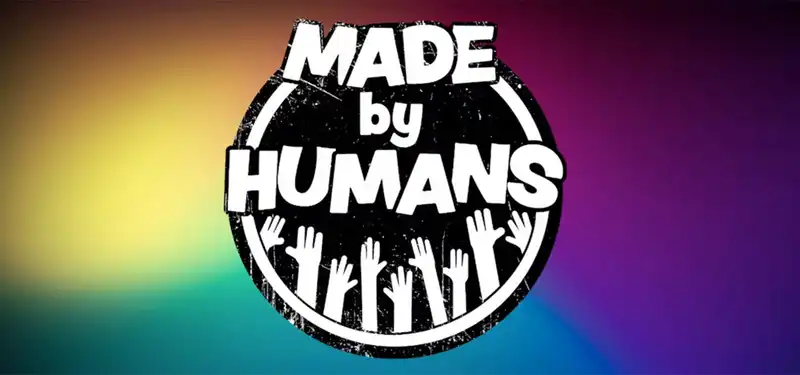May 30, 2024
Brown bag film and 9 story start guidelines for AI use in their production
Irish-based animation studio Brown Bag Films has published new internal guidelines on how to handle artificial intelligence.
The studio offers service work on many American shows including Nickelodeon's Blue Clues and You.Netflix's Ada Twist: Scientist, and Disney's Doc McStuffins. Together with its parent company, 9Story Media Group, it has also produced a number of co-productions and IP's, including Daniel Tiger's Neighborhood, Karma's World, Lu and The Bally Bunch, and Dylan's Playtime Adventures.
While many animation producers are currently exploring AI and its applications in the animation space, Brownbag is one of the first, if not the first, major producers to provide transparency in their thinking and explain their position on technology. Alongside the release of the guidelines, which can be read in full here, they highlight the "human first" position and emphasize that AI should be used to support artists and should not replace them.
Speaking with Cartoon Brew, Cathal Gaffney, Managing Director of Brown Bag Films and Chief Operating Officer of parent company 9Story Media Group, said the decision to release these guidelines was the company's own initiative. "Everyone has different opinions about AI and how to use it in production," he explained. "Even broadcasters and funding agencies are unsure about best practices for AI-generated content, and if there is no clear consensus, we thought it would be better to show our hands."Brown Bag has taken a strong stance against the use of generated AI software that is currently on the market. "We do a lot of service work and, of course, clients require copyright ownership of the work they entrust," Gaffney told Cartoon Brew. "Since there is no copyright in anything 'created' by a computer, we felt it was important to legislate internally how to direct the technology. For example, Midjourney and DallE are generative AI trained in other people's works, so the use of these tools in commissioned IP production uses pirated software.
The company also said it would not use AI for broadcast TELEVISION commission scripts or voice cloning.
Instead of the current industry standard for the use of AI, Brown Bag and 9Story had to create guidelines from the beginning. The company has spent the last year developing tools with its technology R&D team, Gaffney explains."We had a very strong sense of the potential of AI in production.
Studios expect AI to assist workers in areas such as predictive budgeting/scheduling, business service chatbots, animation cleanup, and lip-syncing. We believe that AI can be used as a productivity tool; "We're not here to replace the most used and talented artists and storytellers to support our artists," he said.
Gaffney acknowledged that "in the medium term AI is likely to see some job displacement," but "it also creates new roles and functions."He calls it part of the "technology cycle" throughout history."History corroborates Gaffney's view. In Cg animation, there was initially a great fear of computers replacing humans, but the cg pipeline has exponentially expanded the number of workers in the animation industry, and in today's digital production, there are far more production roles than in the pre-digital era.
He said that guidelines are an evolving task, "adapting them as technology evolves, if necessary."
Gaffney believes that more transparency from other studios is essential in this new and unknown era of the animation industry. "I thought it was important to tell both staff and clients about how we work with AI," he said. "If this starts a more meaningful industry conversation on copyright and ethical issues, it's worth it. Others may not agree with my approach, but I would still like to encourage all studios and broadcasters/streamers to publish their DEI or environmental policies, just as they would publish their AI policies.”
.



Post your comment